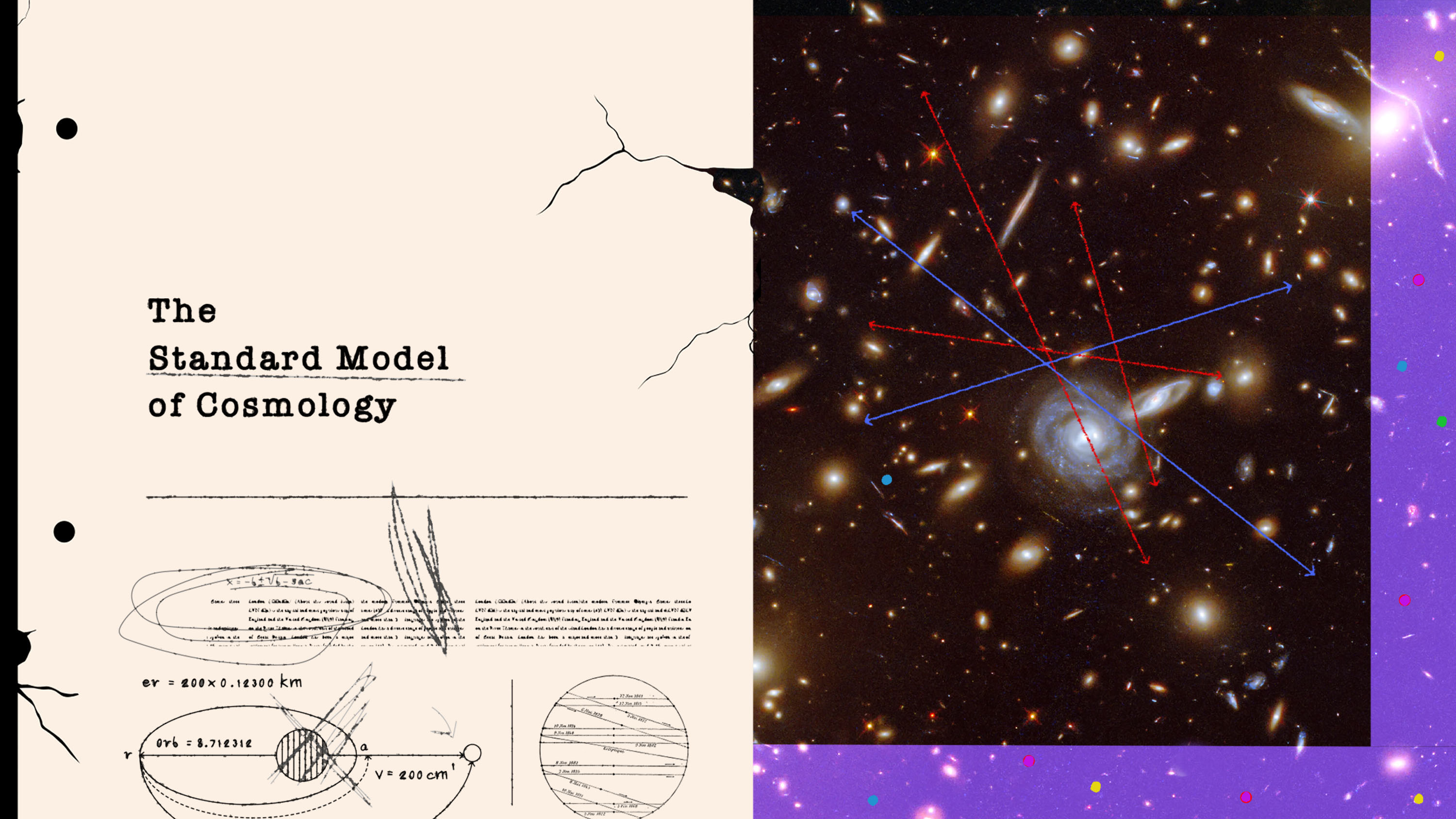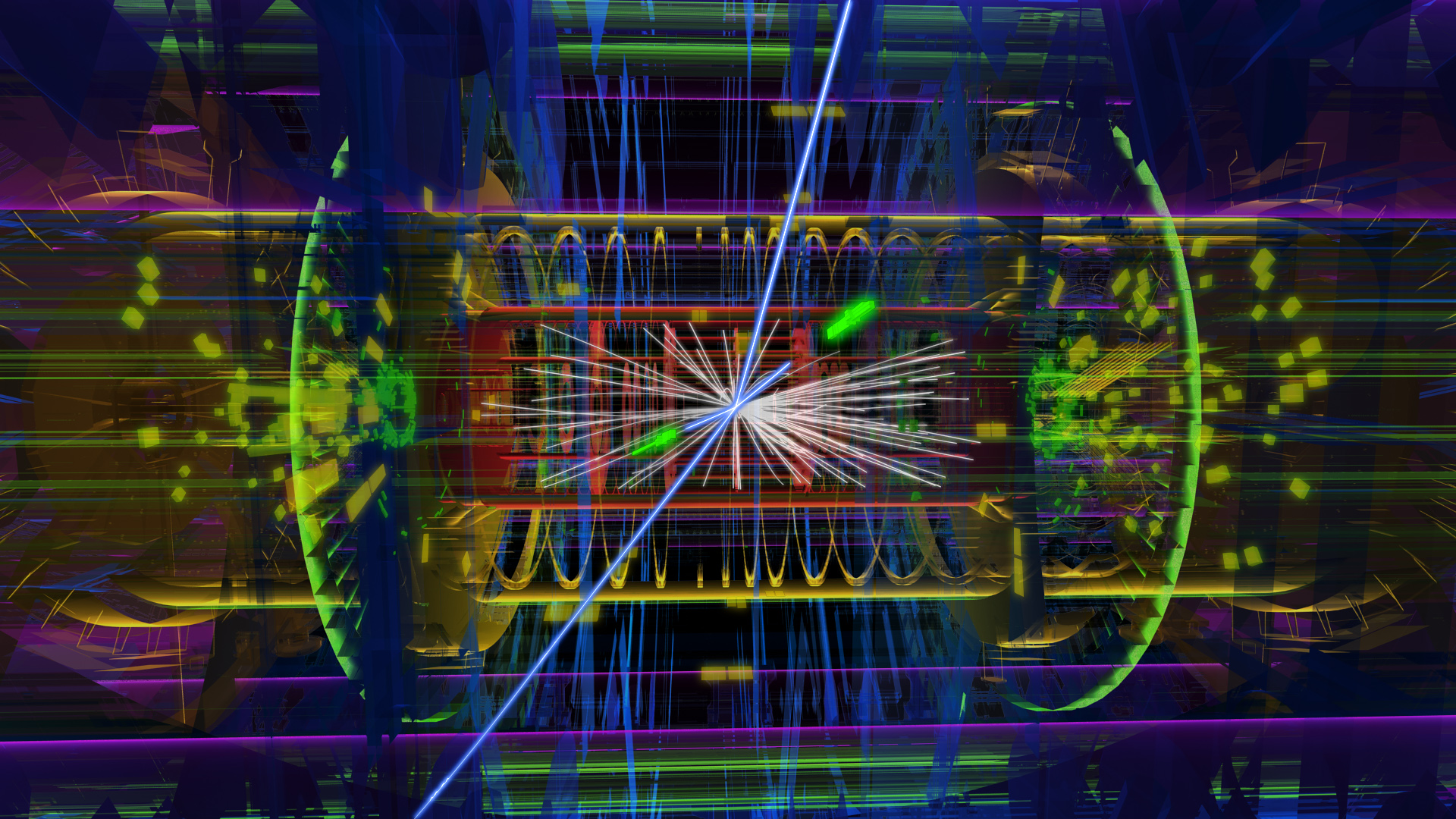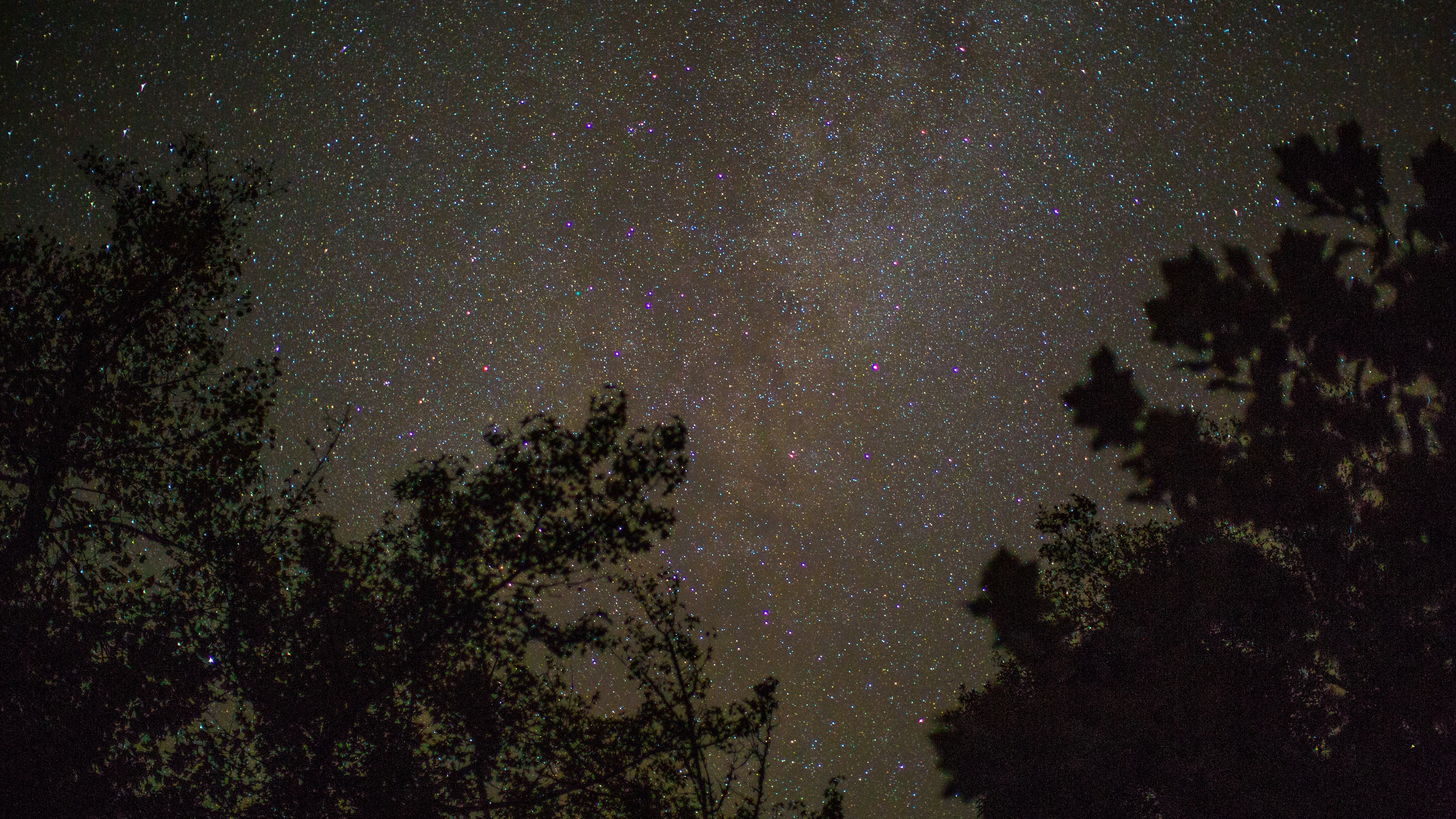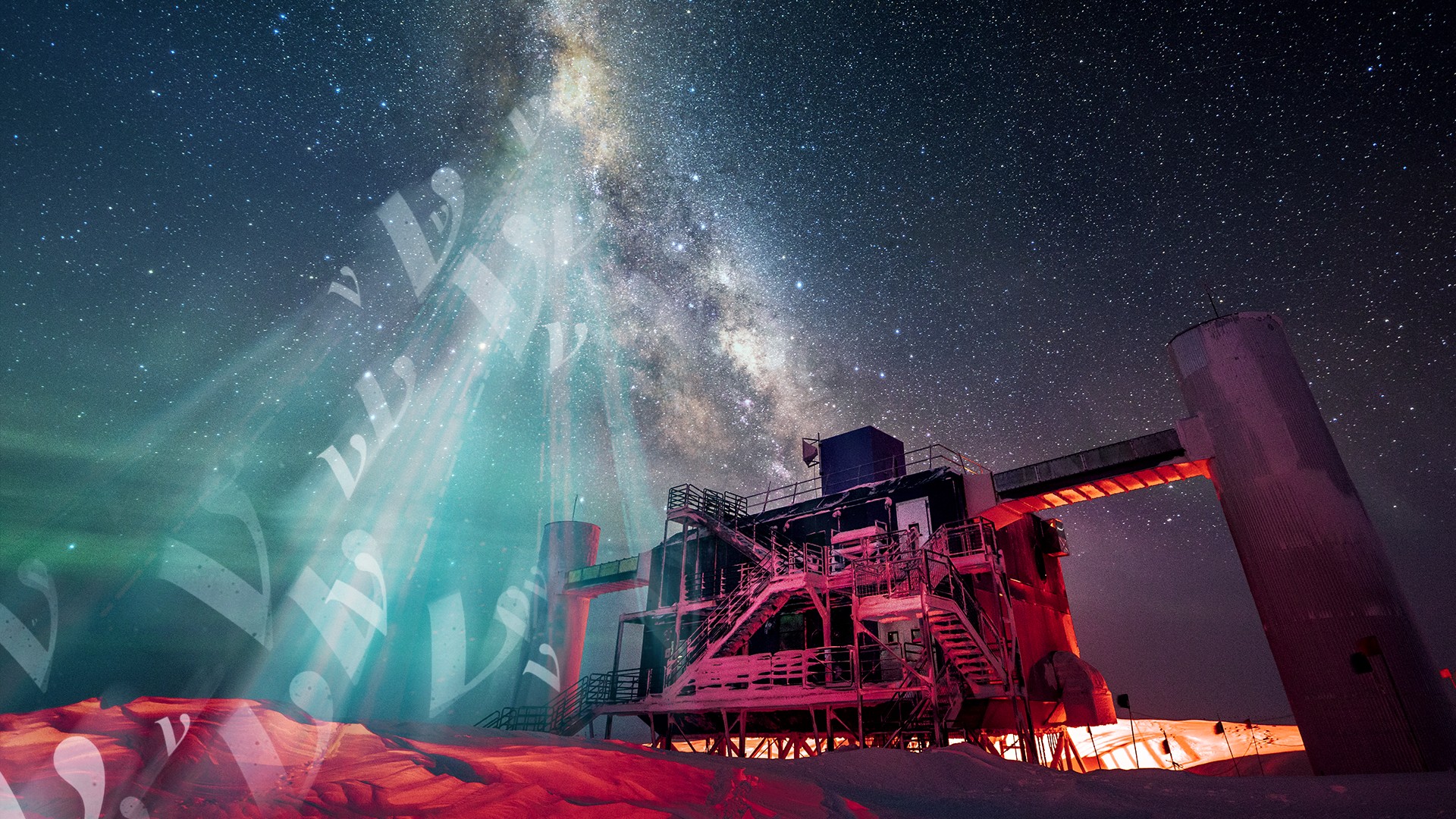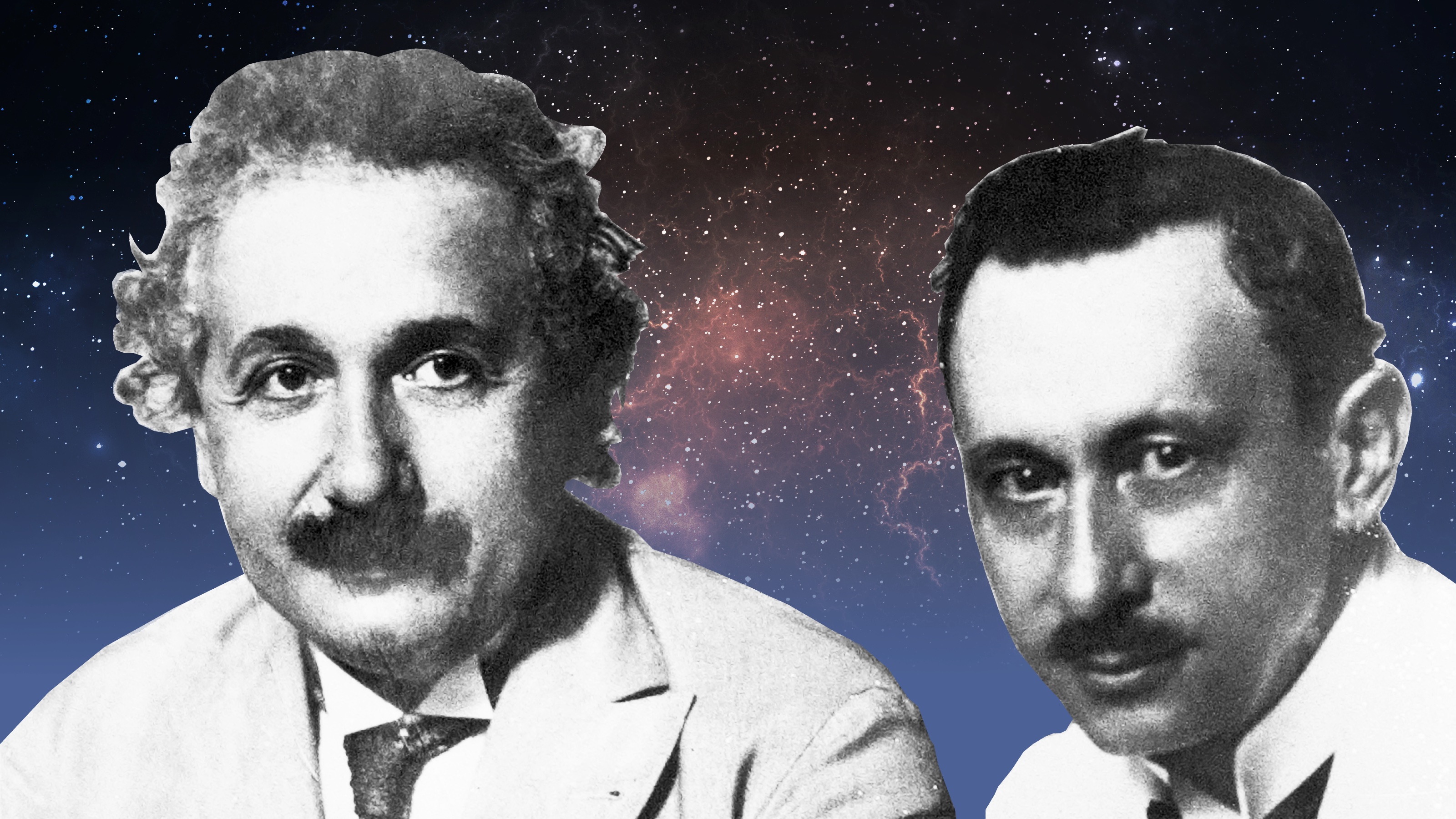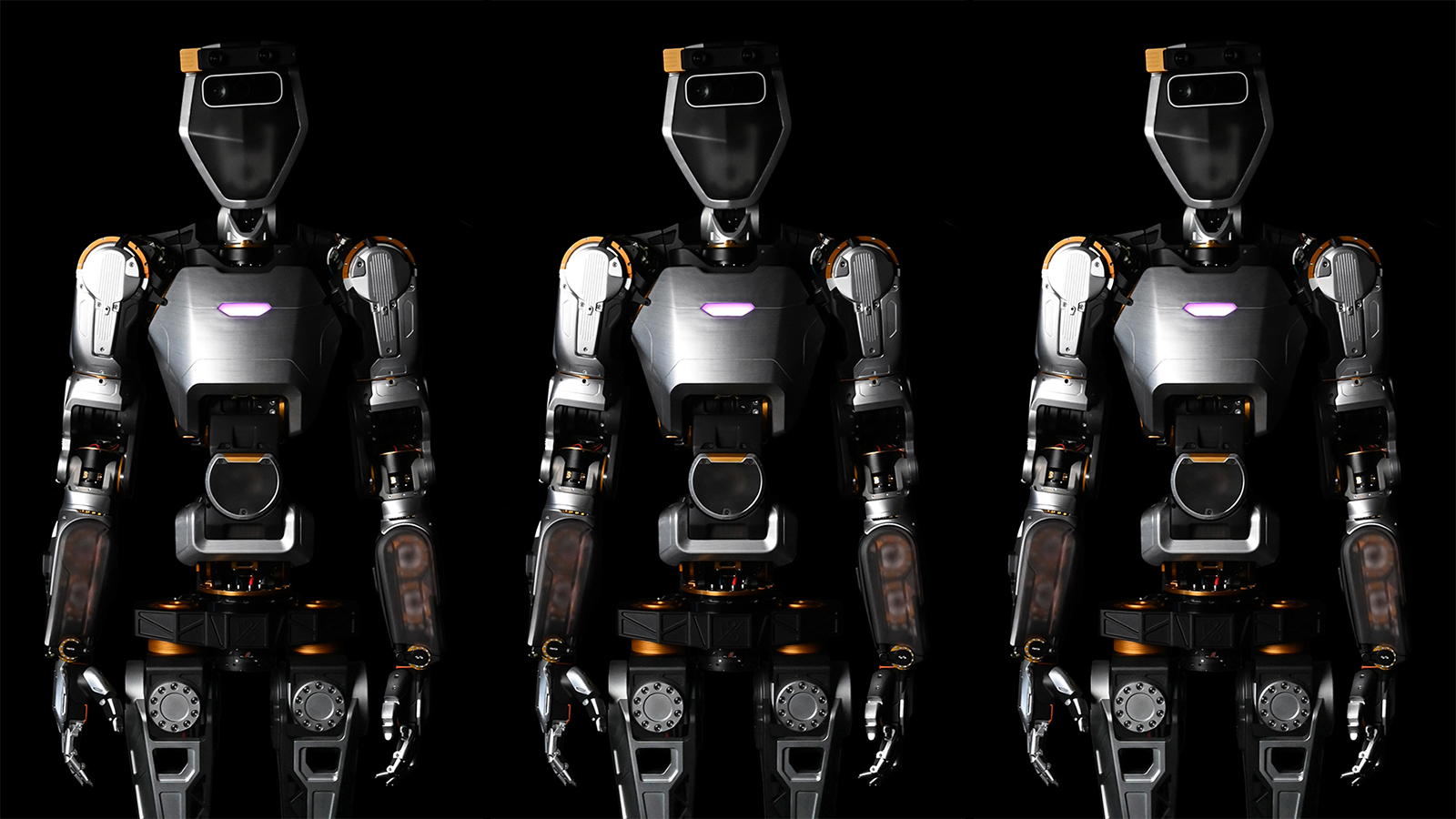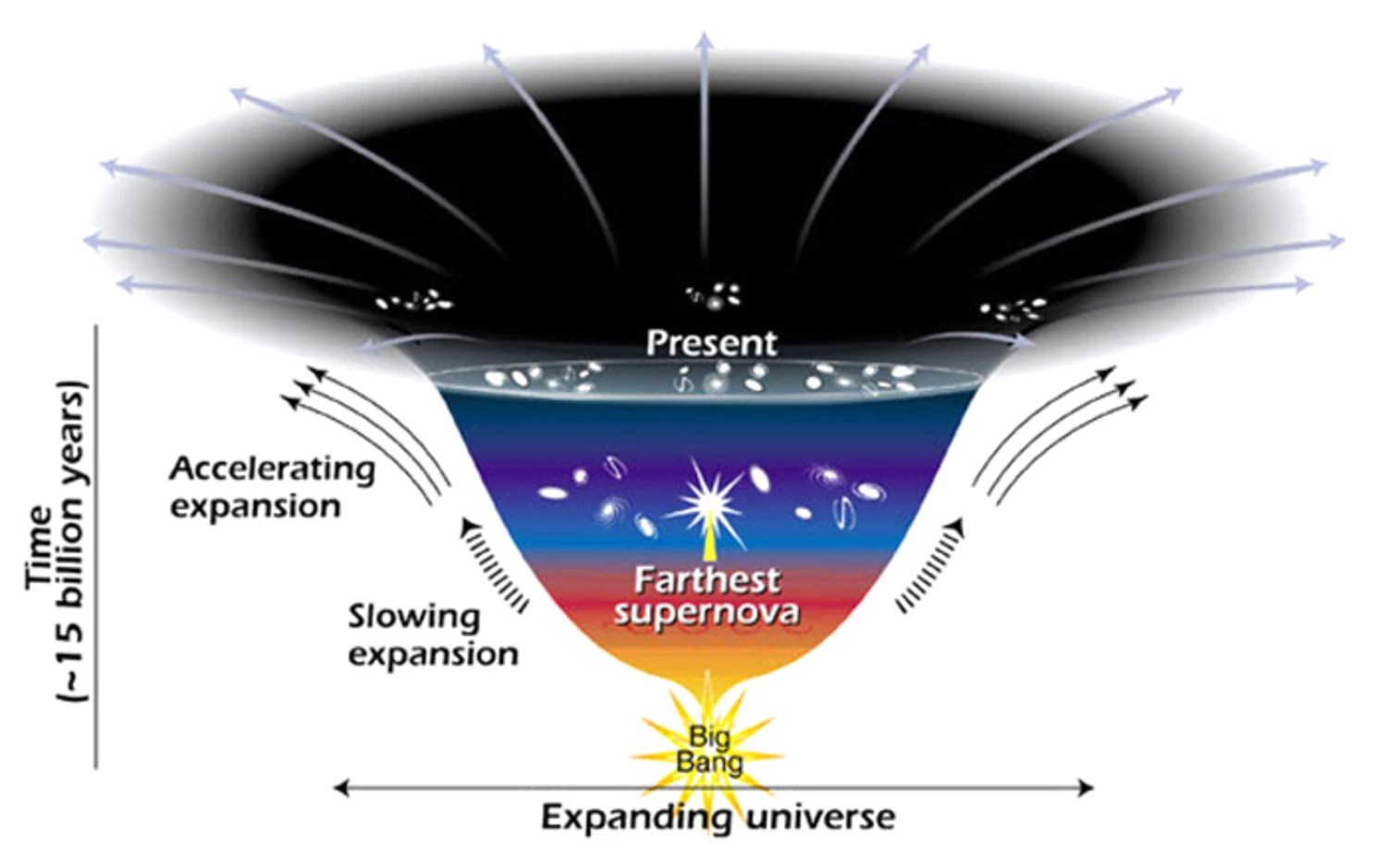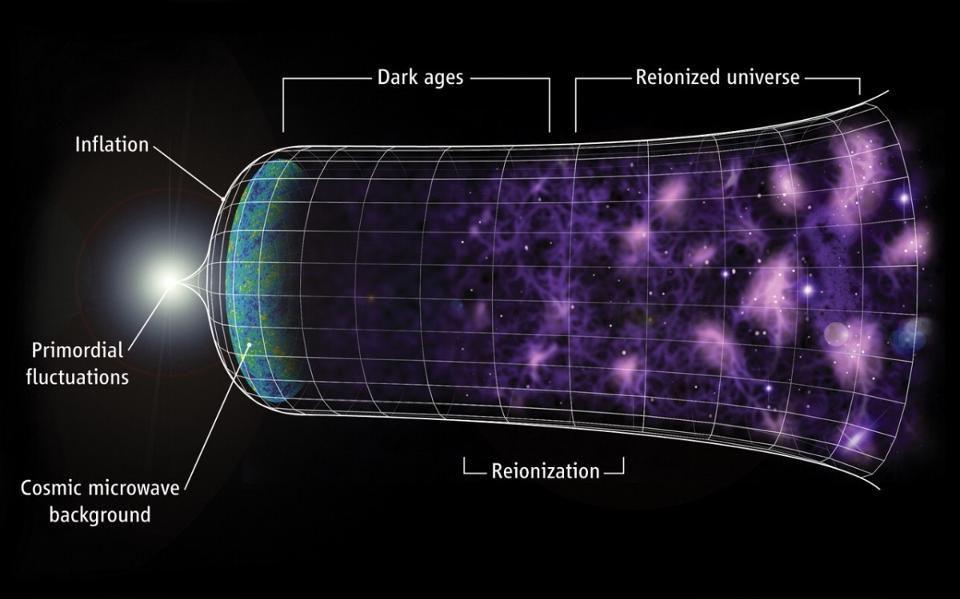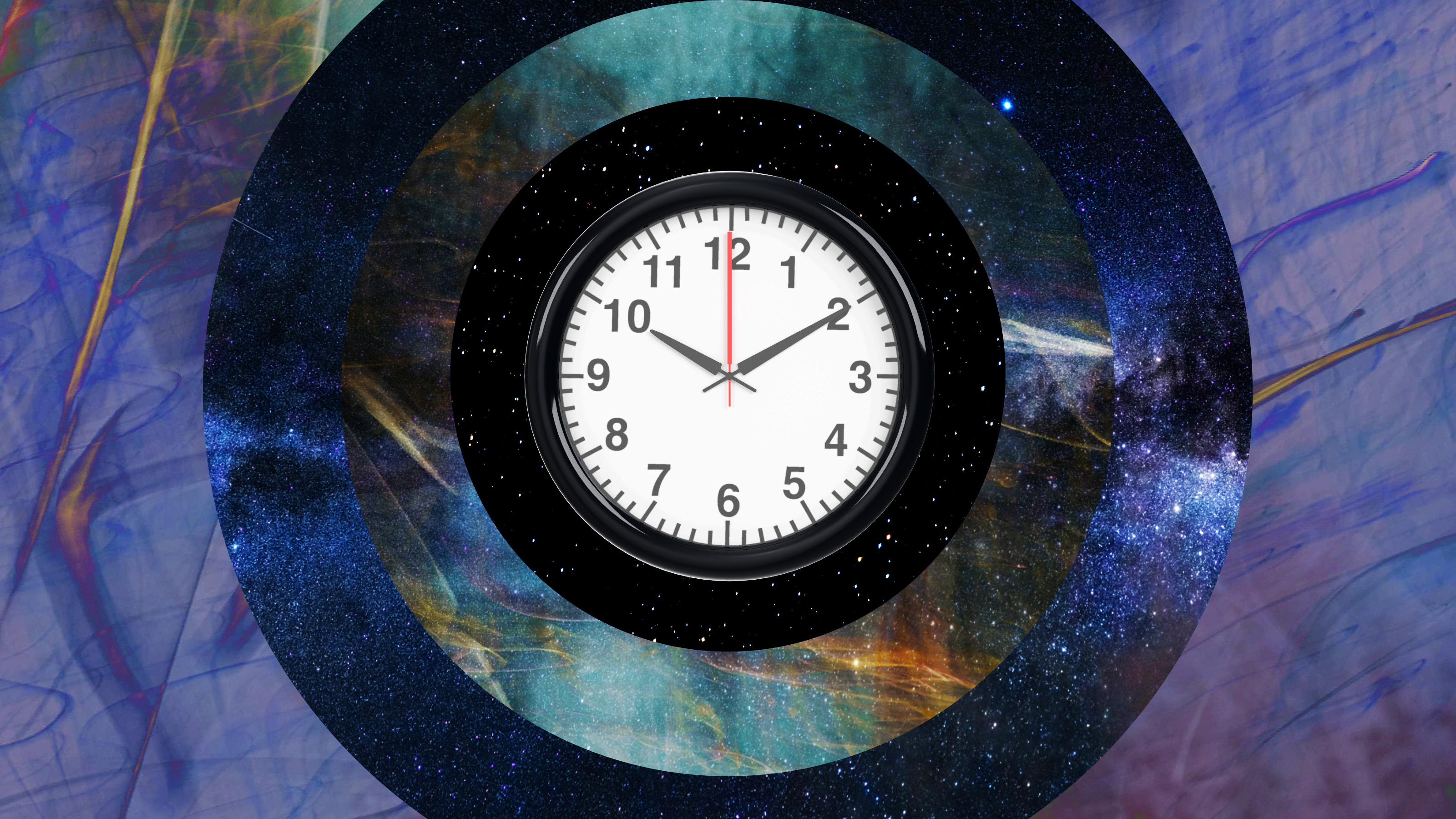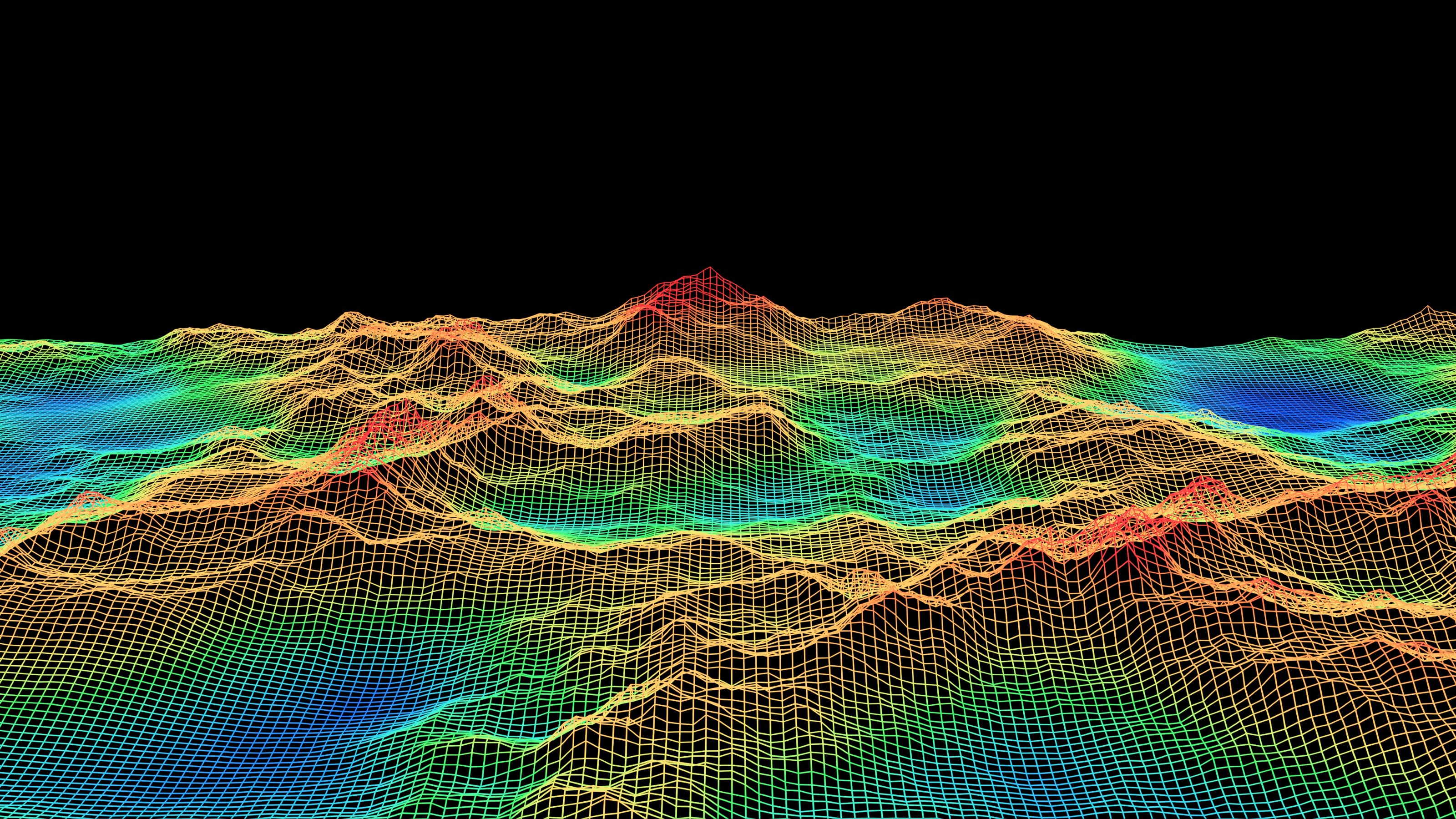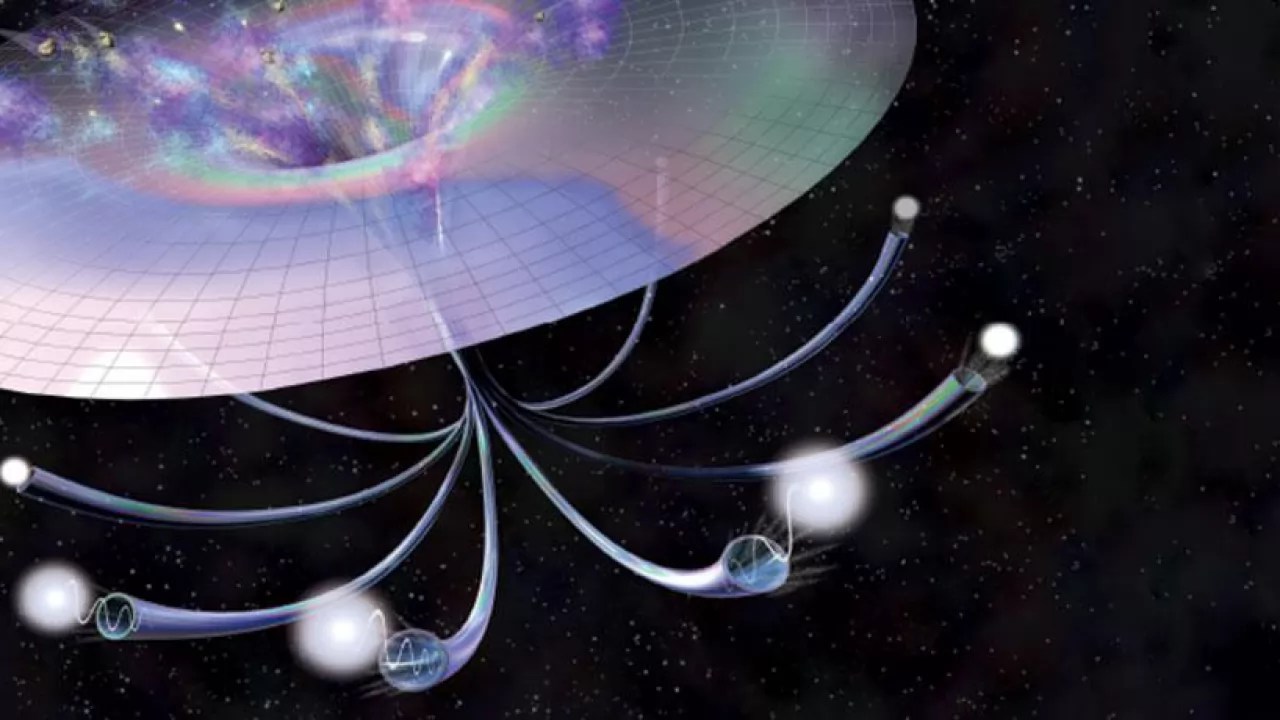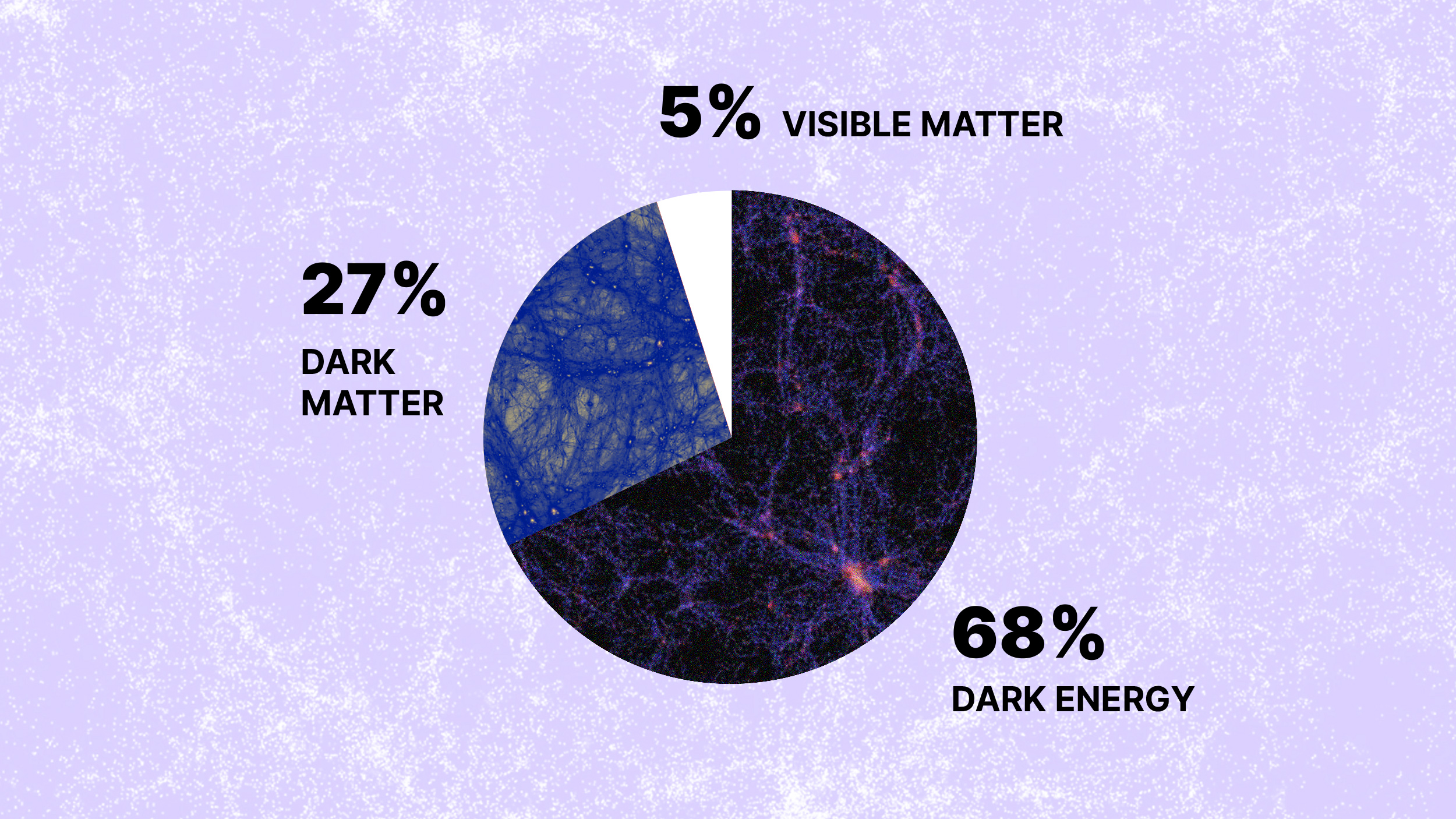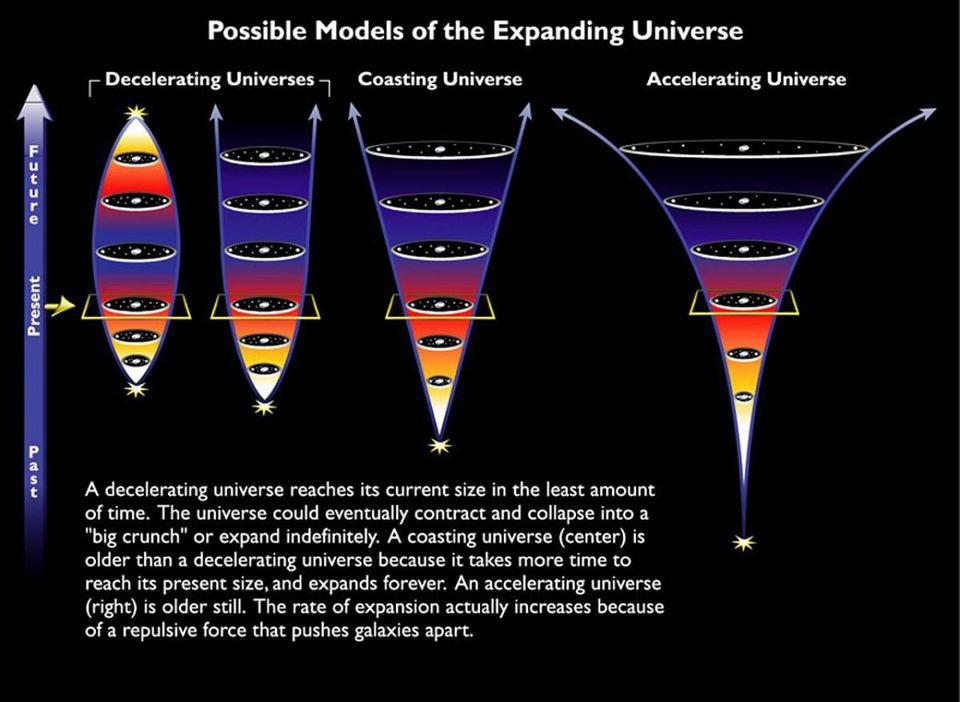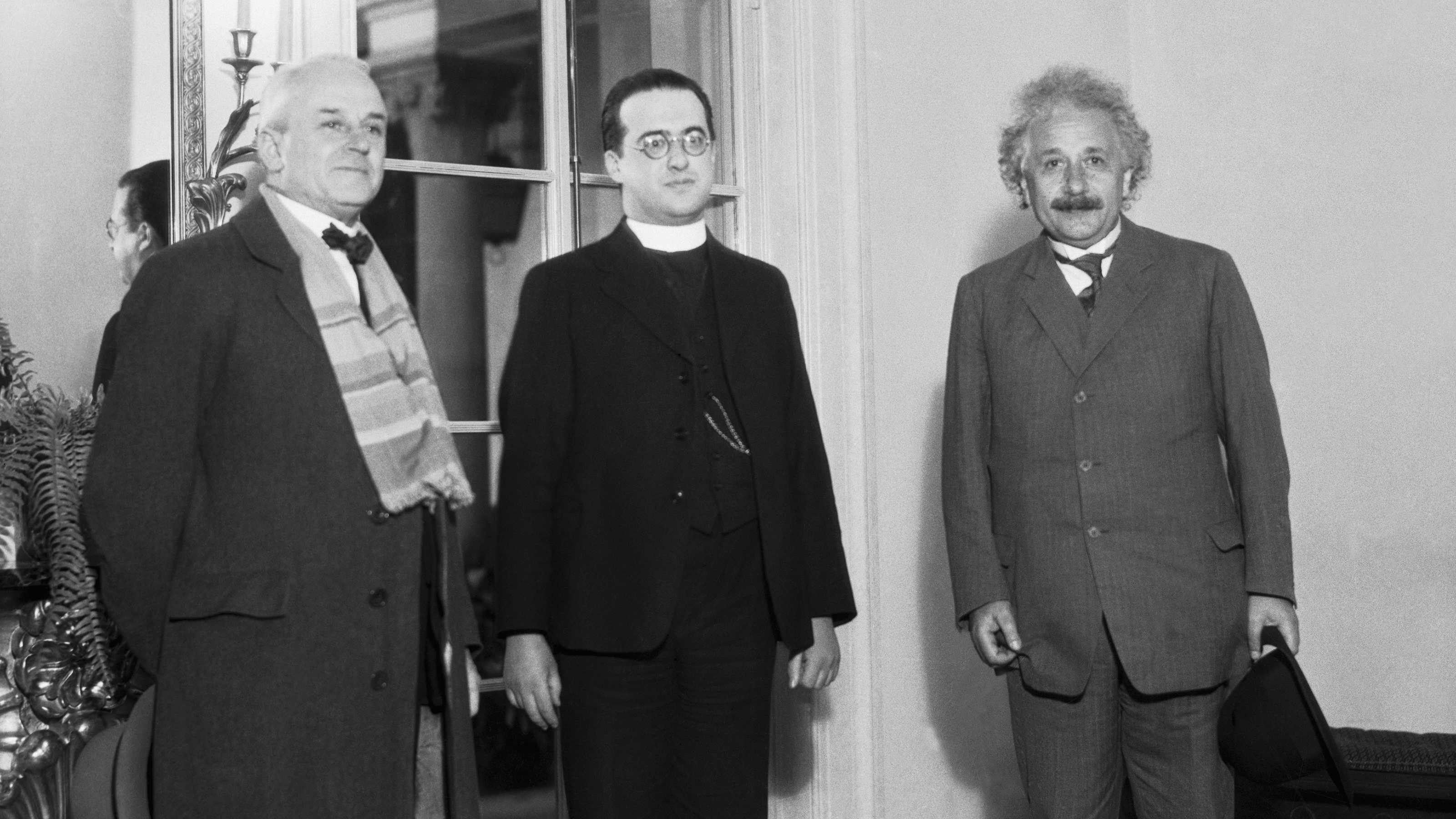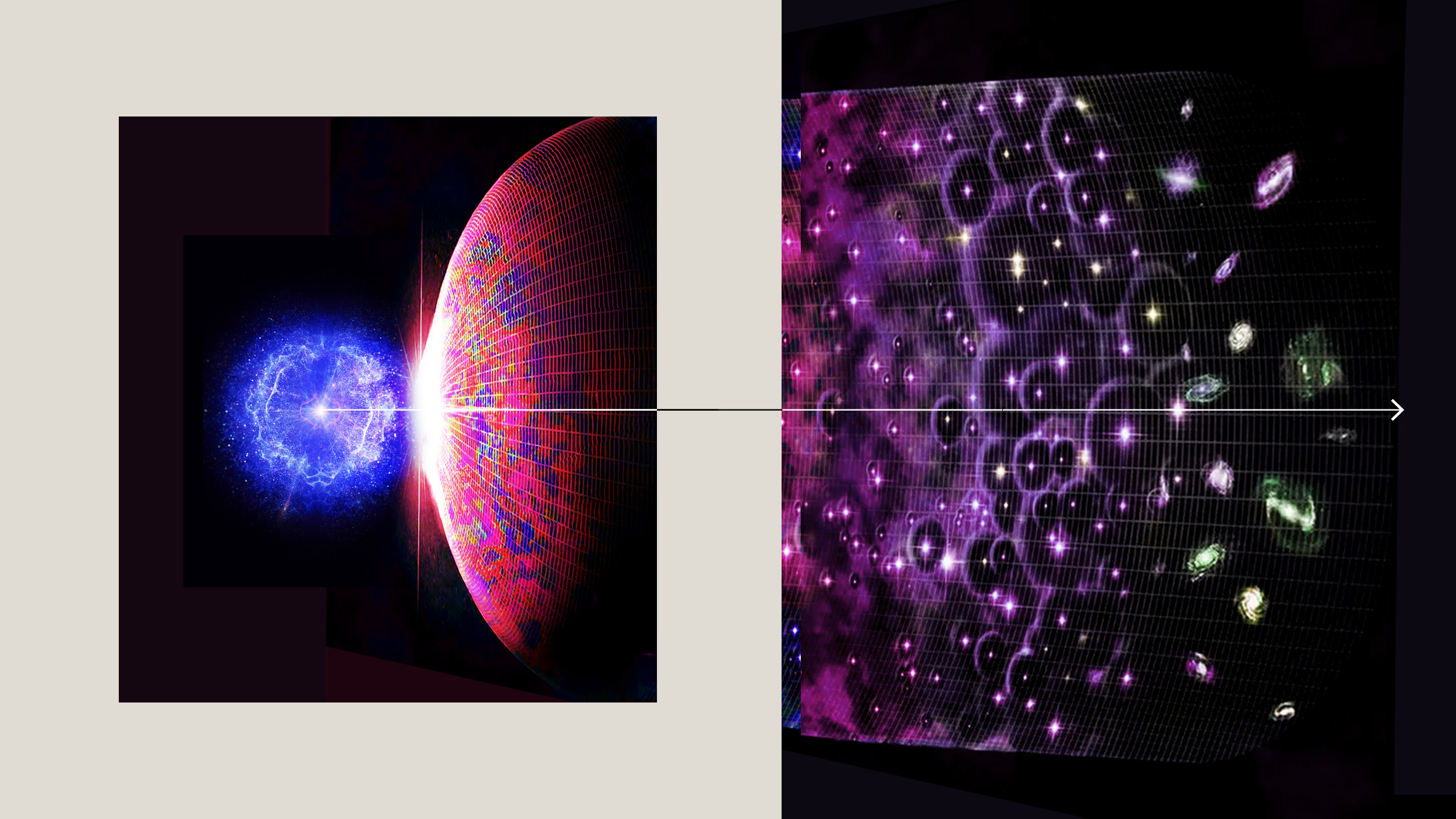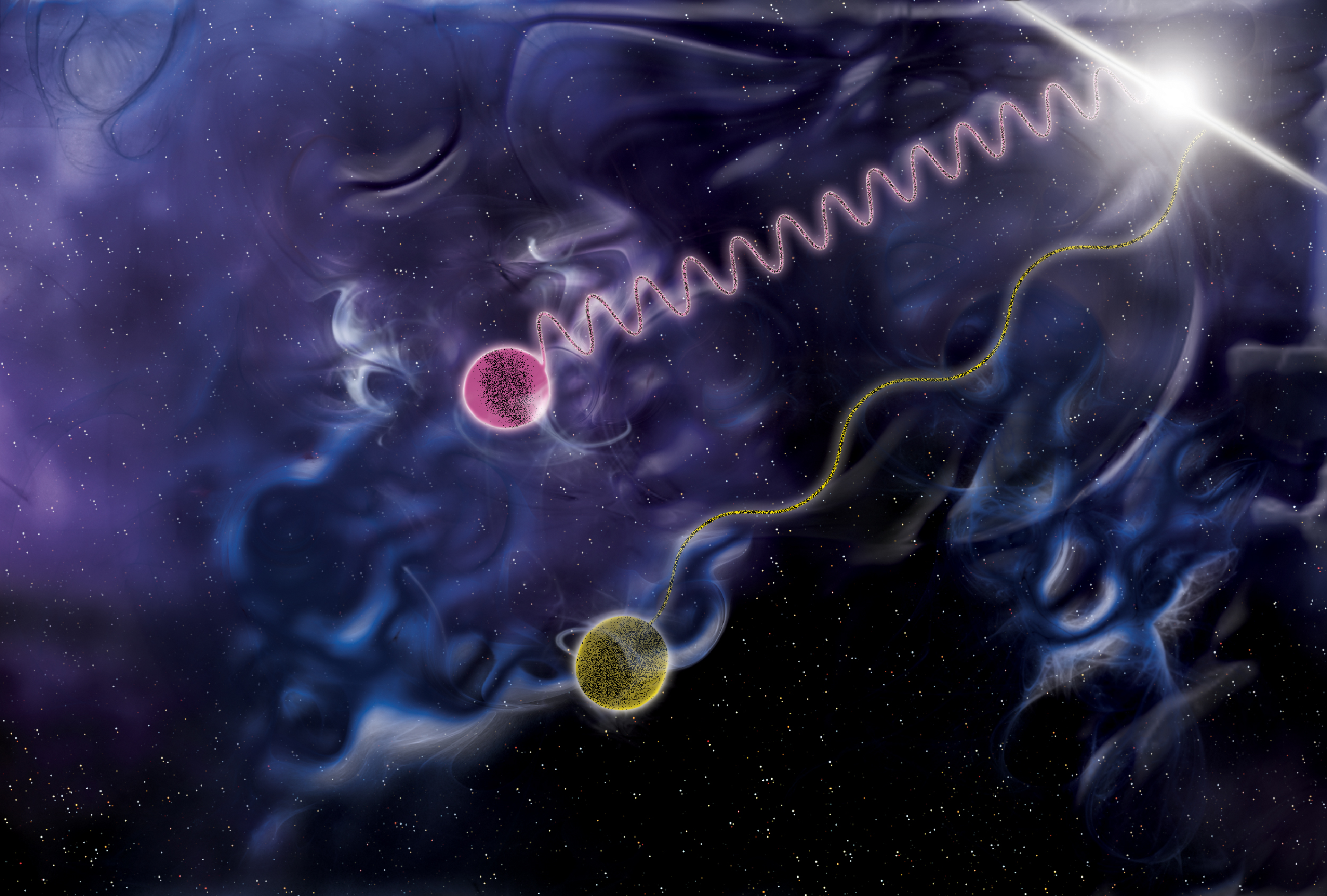Explanations for the cosmic speed limit often conflate mass with inertia.
Search Results
You searched for: Physical Constants
When what we predict and what we measure don’t add up, that’s a sign there’s something new to learn. Could it be a new fundamental force?
Researchers devise a record-breaking laser transmission that avoids atmospheric interference.
Figuring out the answer involved a prism, a pail of water, and a 50 year effort by the most famous father-son astronomer duo ever.
The multiverse pushes beyond the limits of the scientific method. From our vantage point in the Universe, we cannot know if it’s real.
It may be time for a cosmological paradigm shift.
In the very early Universe, practically all particles were massless. Then the Higgs symmetry broke, and suddenly everything was different.
For many years, some cosmologists embraced the idea of an eternal, steady state universe. But science triumphed over philosophical prejudice.
IceCube scientists have detected high-energy tau neutrinos from deep space, suggesting that neutrino transformations occur not only in lab experiments but also over cosmic distances.
If nature were perfectly deterministic, atoms would almost instantly all collapse. Here’s how Heisenberg uncertainty saves the atom.
How scientists found out that we live in a cosmic aquarium.
Emotion dysregulation has been linked to unhealthy risk-taking, relationship challenges, and negative physical health outcomes.
The second law of thermodynamics is an inviolable law of reality. Here’s what everyone should know about closed, open, and isolated systems.
Named “Phoenix,” this AI-powered humanoid could be your next coworker.
Often viewed as a purely theoretical, calculational tool only, direct observation of the Lamb Shift proved their very real existence.
Yes, dark energy is real. Yes, distant galaxies recede faster and faster as time goes on. But the expansion rate isn’t accelerating at all.
Physicists just can’t leave an incomplete theory alone; they try to repair it. When nature is kind, it can lead to a major breakthrough.
If the Universe is expanding, and the expansion is accelerating, what does that tell us about the cause of the expanding Universe?
If the evolution of the Universe is a movie, what happens when we rewind it all the way backward?
The ultimate definition of trauma, explained by leading psychiatrist Bessel van der Kolk.
▸
8 min
—
with
A perfect map is as useless as it is impossible to create.
When cosmic inflation came to an end, the hot Big Bang ensued as a result. If our cosmic vacuum state decays, could it all happen again?
Early on, only matter and radiation were important for the expanding Universe. After a few billion years, dark energy changed everything.
Dark energy is one of the biggest mysteries in all the Universe. Is there some way to avoid “having to live with it?”
Holograms preserve all of an object’s 3D information, but on a 2D surface. Could the holographic Universe idea lead us to higher dimensions?
Einstein called his idea “abominable,” but the world of physics came around to embracing the views of Georges Lemaître.
On the largest of cosmic scales, the Universe is expanding. But it isn’t all-or-nothing everywhere, as “collapse” is also part of the story.
Contrary to common experience, not everything needs a medium to travel through. Overcoming that assumption removes the need for an aether.
Symmetries aren’t just about folding or rotating a piece of paper, but have a profound array of applications when it comes to physics.
We know the Universe is expanding, but scientists don’t agree on the rate. This is a legitimate problem.





